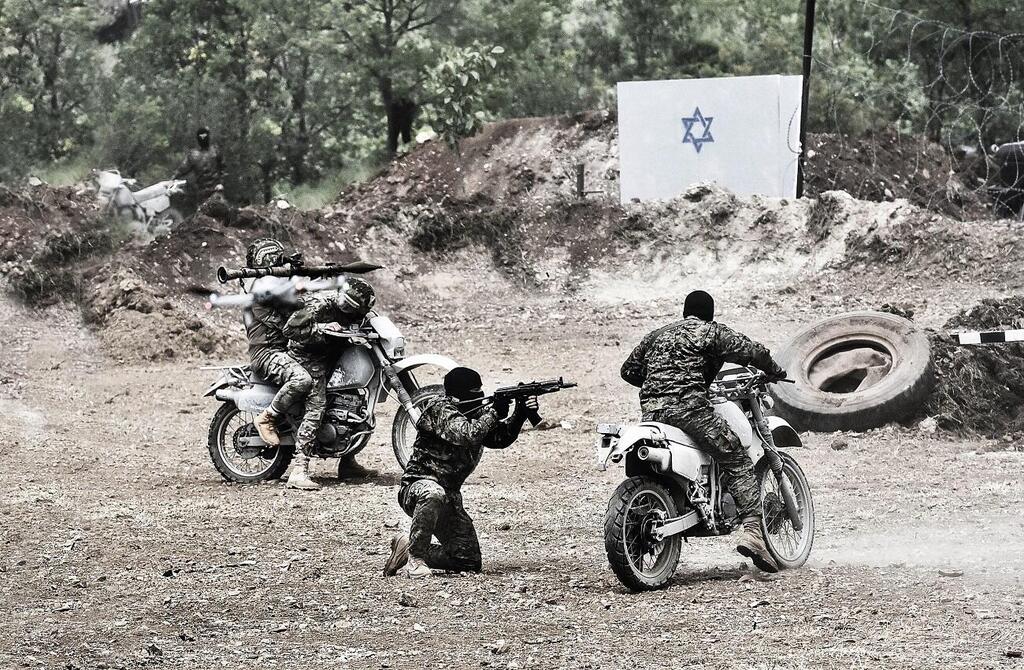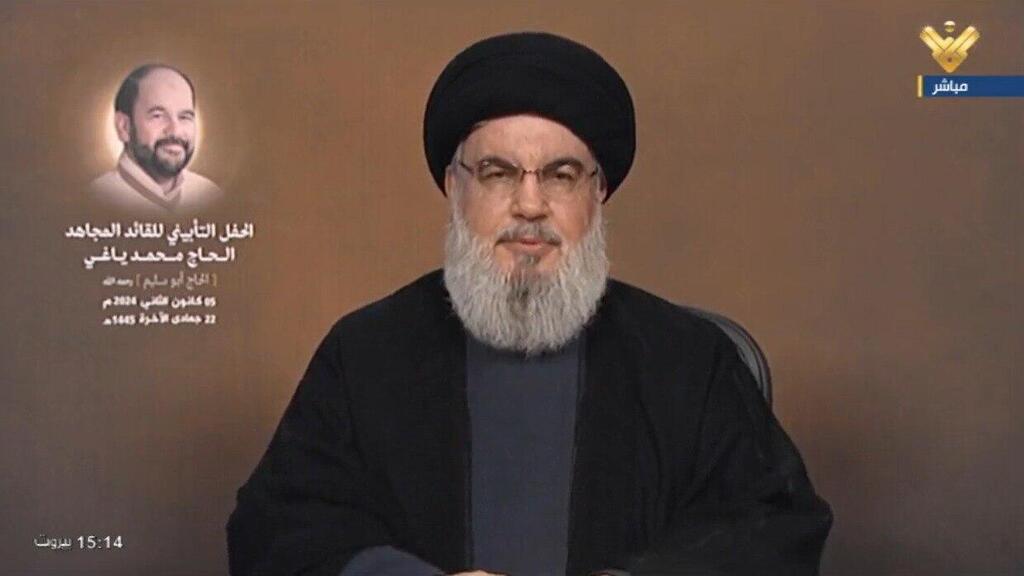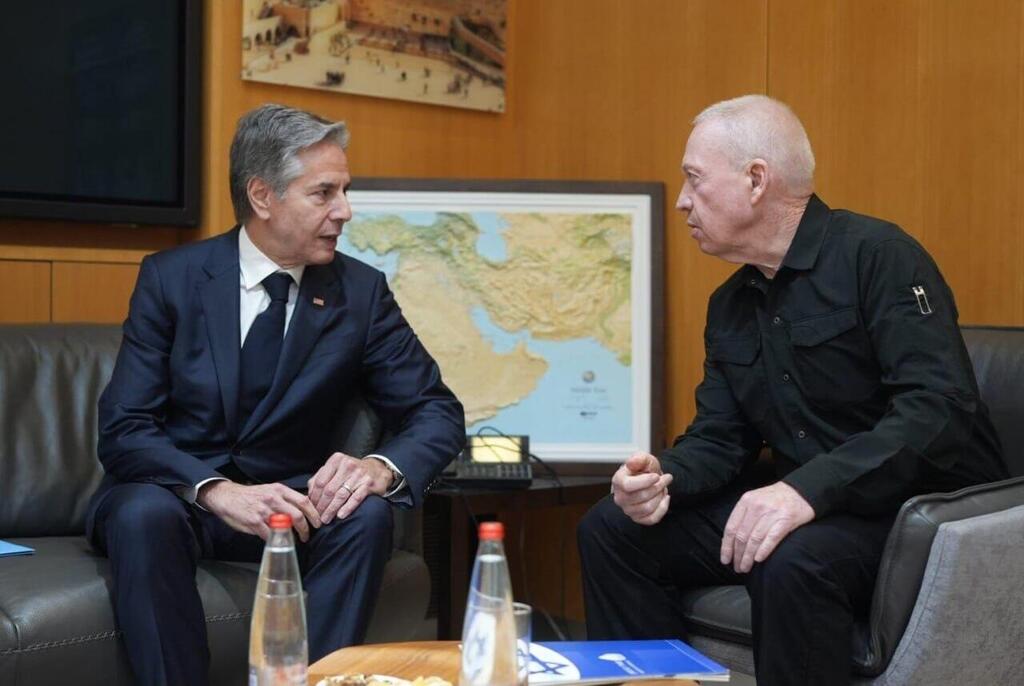A noticeable escalation in the fighting along Israel’s northern border has been seen since the elimination of Hamas’ deputy chief Saleh al-Arouri in Beirut last week. Hezbollah is attempting to target strategic military objectives in Israel, while the IDF is focusing on hitting key military infrastructure where the terror organization operates.
More stories:
In the last two days, Lebanese media has also attributed attacks on senior Hezbollah commanders and operatives to the IDF. Israel's main goal in these alleged operations is to hit at Hezbollah’s strategic presence, not just to push the threat away from the border fence.
In addition, targeted attacks on Hezbollah assets have also been blamed on Israel. Despite the clear escalations, the situation in the northern border is still kept under control by both sides, who seem reluctant to unintentionally launch into a full-scale war that would harm civilians in both Beirut and Tel Aviv.
Either way, fighting on the northern front has turned into more than a light skirmish. Tens of thousands of residents from both sides of the border have been forced or chose to leave their homes. Hezbollah facilities and military positions in southern Lebanon are being struck, and Israel is also suffering damages.
Hezbollah has made it a habit to respond to every Israeli strike, firing anti-tank guided missiles (ATGMs) at homes in Metula or other communities along the northern border.
This situation should make it clear to Israel that it must demand the removal of Hezbollah’s elite Radwan forces not only from their current position close to the border area but well beyond that.
While moving Hezbollah’s forces five kilometers from the border may be sufficient, its anti-tank guided missiles (ATGMs) have a much greater range. Currently, the accurate range stands at about eight kilometers, and in the future, it may reach an even longer distance. Therefore, Israel's post-war demands on the northern border must be more than initially believed.
Hezbollah owning hundreds of strike drones and UAVs is another problem Israel must face. Even if the terror organization fully comply with UN Resolution 1701, which ended the Second Lebanon War in 2006, this would not provide security for residents of the Upper Galilee.
The UAV that exploded at the IDF’s Northern Command headquarters in Safed on Tuesday is evidence of this. While there were no casualties and almost no damage in the attack, the perceived threat from these UAVs – flying low and slow, making them hard to intercept – is serious and requires the terror organization to be removed many kilometers north of the Litani River. This way, there might at least be a sufficient warning before missiles explode on their targets in Israel.
Hezbollah’s modern and precise weaponry provided by their Iran patrons requires Israel not only to demand the removal of the terror organization’s forces from the border, but a disarmament of most of the region south of Bint Jbeil of UAVs, cruise missiles, and long-range anti-aircraft missiles.
U.S. Secretary of State Antony Blinken, who arrived in Israel on Tuesday, likely heard such demands from Defense Minister Yoav Gallant, IDF Chief of Staff Lt. Gen. Herzi Halevi, and IDF Northern Command chief Maj. Gen. Ori Gordin. They understand that the Radwan forces’ withdrawal from the border won’t solve this issue.
One question that still remains is whether Hezbollah Director-General Hassan Nasrallah and the Iranians would be willing to accept these demands following pressure from Lebanese citizens who don’t support Hezbollah.
Currently, it seems the terror organization is willing and even eager to negotiate with American and French mediators. Two things will influence their willingness to reach a new arrangement: one is how the war in Gaza concludes.
The second relates to the extent of Israel's determination to operate within southern Lebanon should Hezbollah insist on maintaining a military presence there, which will allow it to surprise and attack Israeli communities and targets almost without warning.





